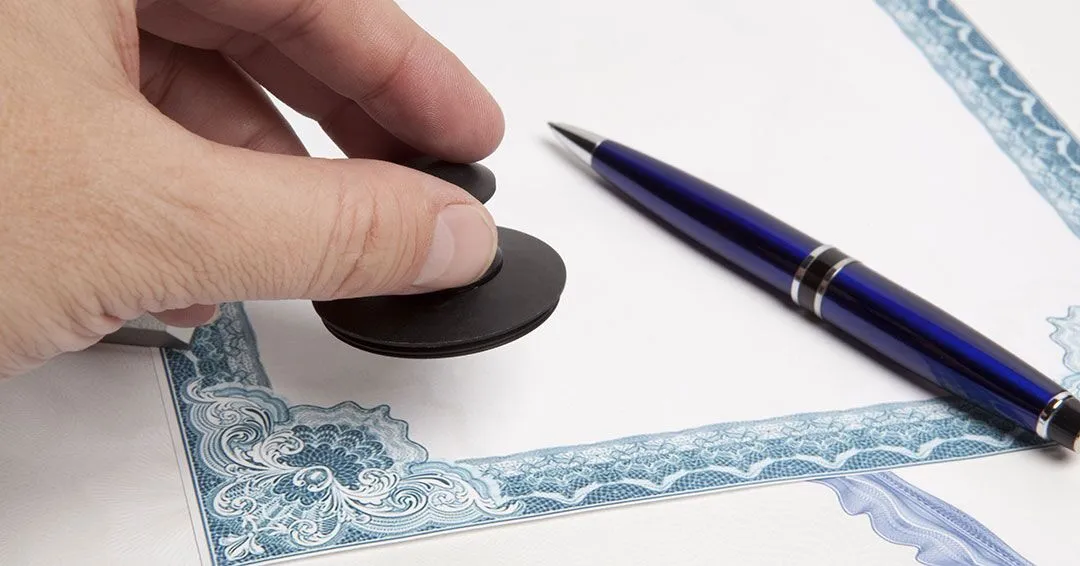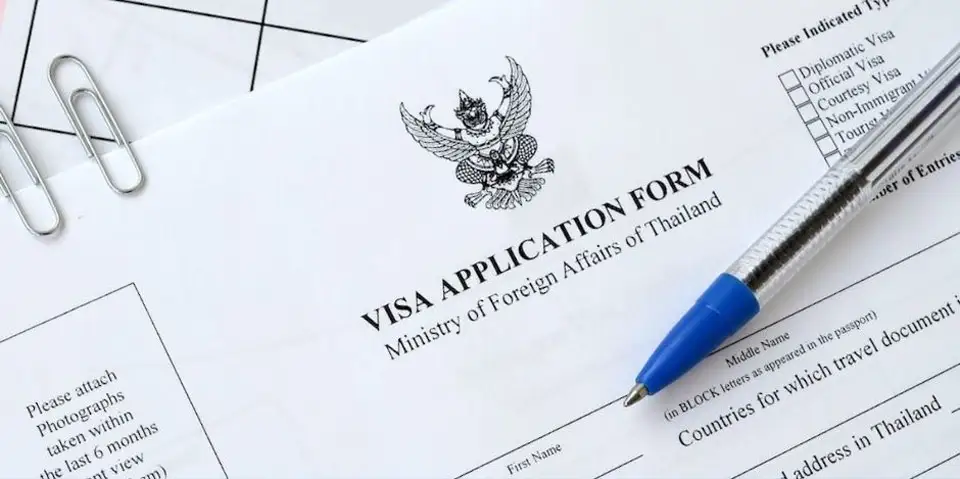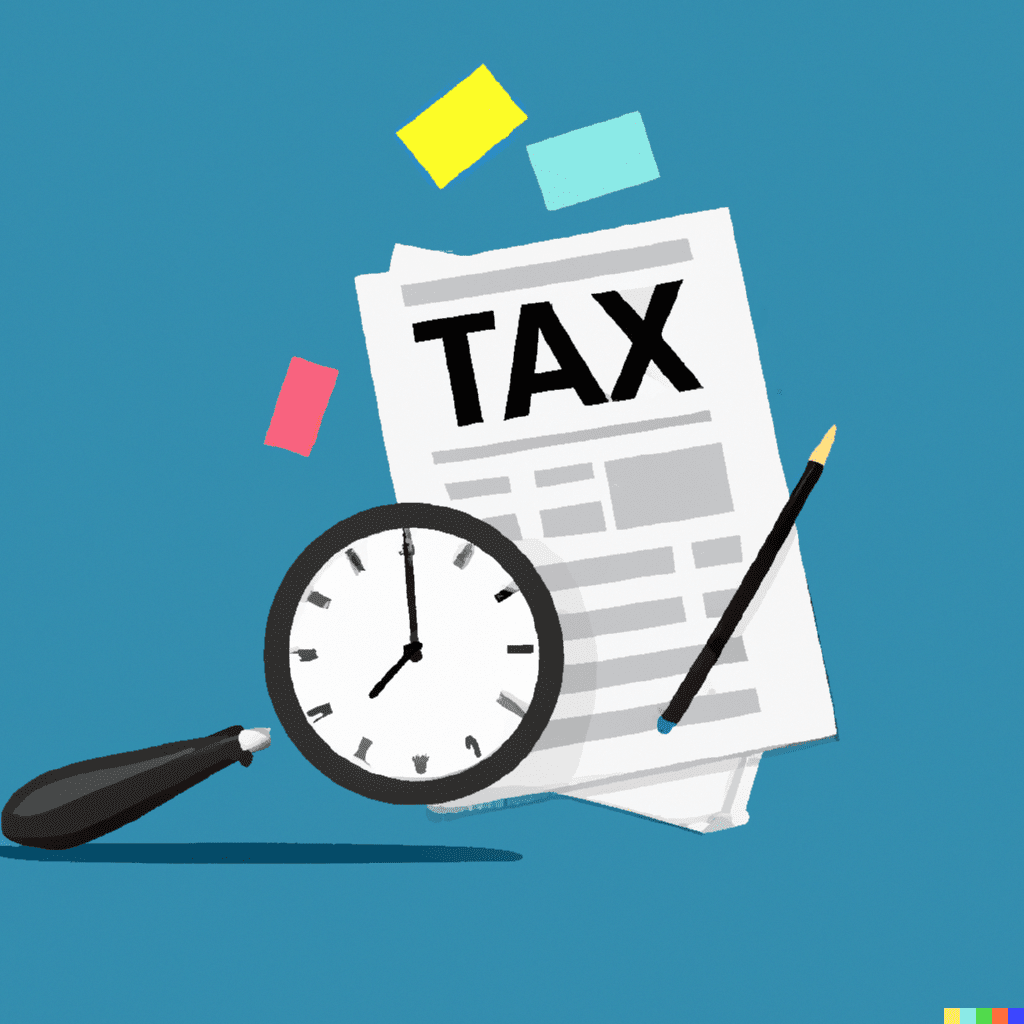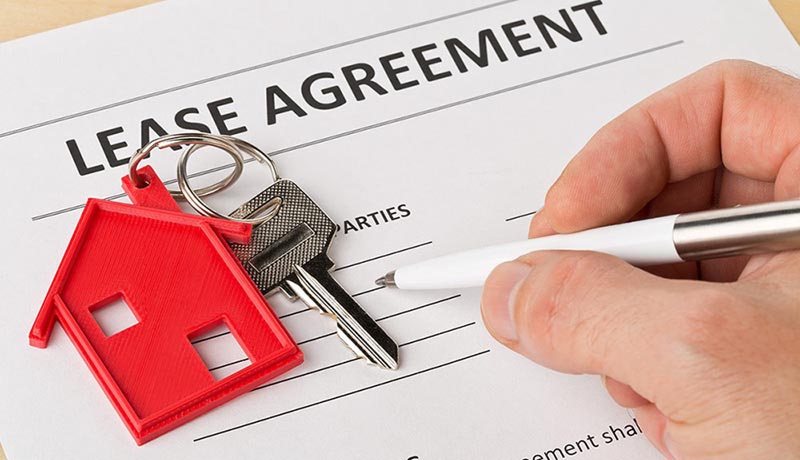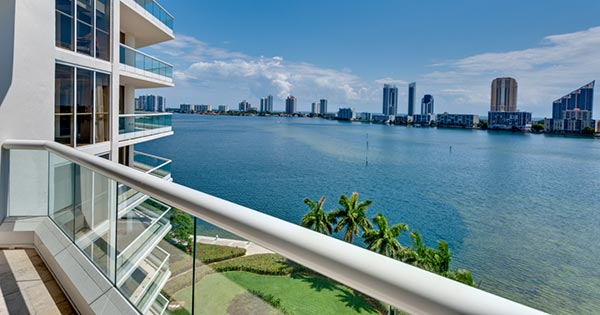Litigation in Thailand is governed by a civil law system deeply influenced by European codes, primarily those of France and Germany, and codified under Thailand’s own legal framework. Unlike common law jurisdictions, Thai litigation emphasizes written pleadings, judicial inquisitorial oversight, and codified statutes, particularly the Civil Procedure Code, Criminal Procedure Code, and various substantive laws such as the Civil and Commercial Code and the Penal Code.
Whether a case involves commercial disputes, contract enforcement, torts, criminal charges, family matters, or property claims, litigants in Thailand must navigate a formalistic and multilingual legal environment characterized by strict procedural rules, multi-tiered court structures, and judicial discretion. Foreign litigants are subject to the same procedural laws as Thai nationals, although language, representation, and document authentication add layers of complexity.
This article provides a detailed and structured guide to the litigation process in Thailand, focusing on civil and commercial litigation, while highlighting key procedural elements, court hierarchy, enforcement mechanisms, and the practical implications for foreign and domestic litigants alike.
1. Legal System and Court Structure in Thailand
1.1 Core Characteristics
-
Civil law system (codified statutes, minimal reliance on precedent)
-
Inquisitorial model: Judges play an active role in examining evidence
-
Trials focus on written submissions, with limited oral advocacy
1.2 Court Hierarchy
| Court Level | Function |
|---|---|
| Court of First Instance | Trial courts (civil, criminal, family, bankruptcy, labor) |
| Court of Appeal | Reviews decisions of first instance courts (no new evidence except in special cases) |
| Supreme Court (Dika Court) | Final court of appeal; reviews legal issues and selected factual disputes |
There are also specialized courts, including:
-
Central Intellectual Property and International Trade Court (IP&IT Court)
-
Labor Court
-
Tax Court
-
Bankruptcy Court
-
Juvenile and Family Court
2. Civil Litigation Process in Thailand
2.1 Filing a Lawsuit
-
Plaintiff files a written complaint with the competent court
-
Complaint must specify:
-
Identity of parties
-
Legal basis of claim
-
Damages sought or relief requested
-
-
Court accepts filing and issues a summons to defendant
2.2 Service of Process
-
Defendant must be properly served with summons and complaint
-
In cases involving foreign defendants, service may require Ministry of Foreign Affairs assistance and translated documents
2.3 Answer and Defense
-
Defendant has 15 days (or 30 if served abroad) to file a written answer
-
May raise defenses, counterclaims, or jurisdictional challenges
2.4 Pre-Trial Conference
-
Court may schedule a settlement conference or case management meeting
-
May order the parties to submit additional evidence or clarifications
3. Evidentiary Rules and Trial Procedure
3.1 Burden of Proof
-
Plaintiff bears burden of proof for claims
-
Defendant bears burden for affirmative defenses
3.2 Admissible Evidence
-
Documents (contracts, correspondence, financial records)
-
Witness testimony (usually prepared in advance)
-
Expert reports
-
Court-appointed translations (foreign documents must be certified into Thai)
3.3 Examination of Witnesses
-
Witnesses give written statements
-
Cross-examination permitted but limited compared to common law systems
-
Judges actively question witnesses and evaluate credibility
3.4 Role of the Judge
-
Judge reviews evidence, conducts questioning, and may order further inquiries
-
Verdict is rendered based on facts presented and legal reasoning
4. Timeline and Duration
| Stage | Typical Duration |
|---|---|
| Case filing to first hearing | 1–3 months |
| Trial phase | 6–18 months (varies by complexity and court load) |
| Appeal | 6–12 months |
| Supreme Court (Dika) review | 1–2 years |
Many cases settle during pre-trial or after initial court rulings, avoiding full litigation length.
5. Costs and Attorney Involvement
5.1 Court Fees
-
Civil cases: Approximately 2% of the claim value, capped at THB 200,000
-
Criminal cases: Usually initiated by the public prosecutor, though private prosecution is allowed
5.2 Legal Representation
-
Foreigners must be represented by a licensed Thai attorney
-
Lawyers must be registered with the Lawyers Council of Thailand
-
No foreign lawyers may appear in court, even as co-counsel
6. Appeals and Legal Remedies
6.1 Appeal to Court of Appeal
-
Must be filed within 1 month of judgment (civil)
-
Automatic right in civil cases with claim over THB 50,000
-
Appellate court reviews legal and factual matters
6.2 Appeal to Supreme Court
-
Requires leave of court for most civil cases
-
Only legal questions typically reviewed unless exception applies
-
Supreme Court rulings are final and binding
7. Enforcement of Judgments
After a final judgment:
7.1 Civil Judgments
-
Successful party may file for writ of execution
-
Court orders:
-
Seizure of property
-
Garnishment of income or bank accounts
-
Auction of assets
-
7.2 Criminal Judgments
-
Penalties may include fines, imprisonment, or suspended sentences
-
Victims may pursue civil damages as part of the criminal process
8. Foreign Parties in Thai Litigation
8.1 Jurisdiction
-
Thai courts have jurisdiction if:
-
The dispute occurred in Thailand
-
The contract was performed or breached in Thailand
-
A defendant is domiciled or doing business in Thailand
-
8.2 Language Requirements
-
All pleadings and evidence must be in Thai
-
Certified translations required for all foreign-language documents
8.3 Recognition of Foreign Judgments
-
Thailand does not recognize foreign judgments automatically
-
Plaintiffs must refile the case in Thai court using the foreign judgment as evidence
9. Alternative Dispute Resolution (ADR)
Litigation may be avoided or complemented by:
9.1 Mediation
-
Encouraged by Thai courts in civil, family, and labor cases
-
Courts often mandate pre-trial settlement discussions
-
Mediators may be court-appointed or private
9.2 Arbitration
-
Governed by the Arbitration Act B.E. 2545 (2002)
-
Thailand is a member of the New York Convention (1958)
-
Foreign arbitral awards are enforceable, subject to conditions
10. Conclusion
Litigation in Thailand is a structured, codified, and highly formal process designed to resolve disputes fairly through judicial review. While it provides accessible avenues for both Thai and foreign claimants, the system’s procedural rigor, language requirements, and court-centric model can pose challenges for those unfamiliar with civil law litigation.
Successful litigation in Thailand requires a solid understanding of jurisdictional rules, filing protocols, court expectations, and enforcement mechanisms, as well as the support of a qualified Thai attorney to navigate every stage of the proceedings. Whether pursuing or defending a claim, litigants must commit to thorough document preparation, timely submissions, and careful attention to court directives.



 Limited Bank Options – Only a handful of Thai banks offer mortgages to foreigners.
Limited Bank Options – Only a handful of Thai banks offer mortgages to foreigners. Home Country Bank Loans – Some foreigners secure financing from banks in their home country for Thai property purchases.
Home Country Bank Loans – Some foreigners secure financing from banks in their home country for Thai property purchases.